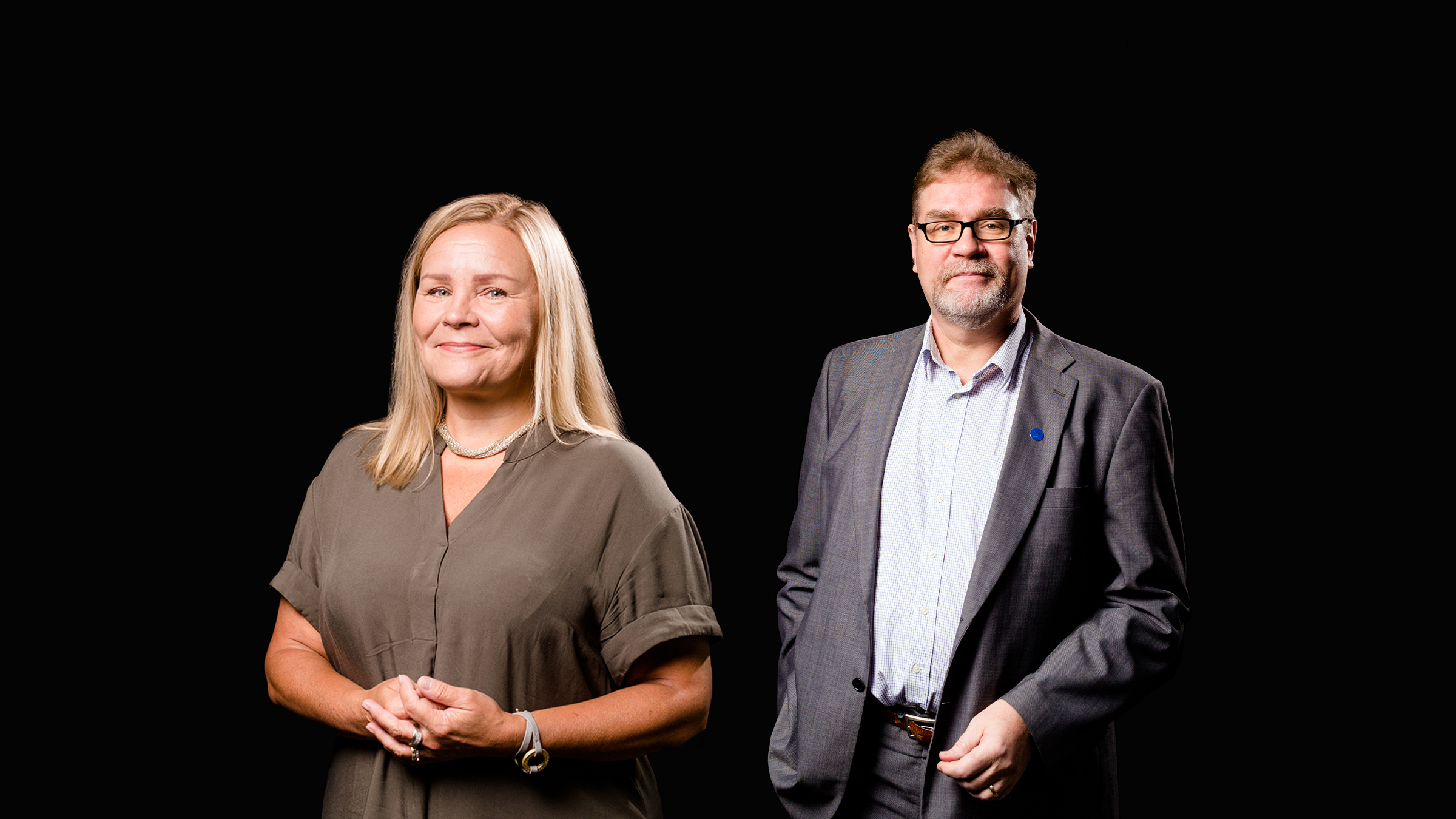According to a recent survey by Sitra, more than half of us use a device or application: a wristband, ring, smartphone or some other mobile smart device. People typically use them to track their steps, energy consumption, heart rate, sleep quality and weight. The degree to which these measurements are actually useful depends on the individual.
Based on the survey, the most significant impact of the use of wearables was seen in people’s exercise habits: 40 per cent of the respondents said the measurements from their devices motivate them to be more physically active or improve the quality of their exercise. We can only imagine the benefits to public health and at the individual level if similar figures were obtained in areas such as eating habits or the prevention of fatigue.
Sitra’s IHAN® fair data economy project found out how people in Europe use wearables and what their thoughts are about them. While the data collected by wearables is exceptionally sensitive from a privacy standpoint, it is at the same time of genuine interest to people.
The survey results and raw data can be downloaded from Sitra’s website.
A significant proportion of the respondents expressed a desire for services that support their well-being in a more comprehensive manner. Well-being programmes, exercise instructions, progress monitoring and advice on food and nutrition were rated as the most desirable services by the respondents.
The respondents indicated that they are prepared to share the data collected by their devices with doctors, nurses and family members, and 42 per cent said they are also prepared to share the data with a nutritionist. These were followed by pharmacies, fitness centres/personal trainers and health-service companies. This suggests not only a need for new and more customisable services but also a tremendous business opportunity.
The recipe for successful digital well-being services already exists
The preferred services listed in the survey would require a group of companies representing different competences to combine their capabilities and data. The need for privacy protection and managing one’s own data was highlighted in the responses, which suggests that the sharing of data and the development of these types of services calls for open and active dialogue about the service’s terms of use as well as consent to the use of data.
The fact is that the services that people want are not available in the market. Interacting with the services provided by American or Chinese technology giants is difficult. As a result, locally developed applications could be more attractive. Companies should take advantage of their locally built trust and transfer that trust to their digital services in the form of visible actions. Successful companies could be the ones that:
- invest in strong privacy protection and user interaction;
- pay special attention to making devices and services easy to use;
- provide easy access to the individual’s personal data and help the user make the most of it.
This would make people more motivated to use smart devices and improve the chances of success for the companies in this field. However, the culture of sharing data is still in its infancy. Companies have a strong focus on producing their own device data: the accuracy of the collected data, analytics and technical functionality. In the case of many solutions, the usability of the application has not been given sufficient attention despite the fact that it has a crucial impact on the consumer’s service experience.
A service that feels useful and is easy to use motivates the user to continue using it for a long time.
There is a need for more competence in user interface development and service design, as even a highly motivated consumer may discontinue using a new device or service because of usability problems once the initial enthusiasm wears off. This is reflected in the survey results as a surprisingly high rate of attrition: one in six owners of smart devices are planning to discontinue, or have already discontinued, the use of a service they previously started using. The primary reason for discontinuing the use of services was dwindling interest. Permanent use requires the experience of long-term benefits.
One of the major challenges for service development is the lack of effective and innovative business models. Services are often overpriced and data is kept within the company, which means the user only receives the benefits if they make a commitment to a particular brand and the services it provides. Accustomed to mobile services that are free or cost only a few euros, consumers are not willing to make the commitment to well-being applications priced in the tens of euros – even if they deliver visible benefits.
A well-being application can replace medicines or support pharmaceutical interventions.
One interesting future solution could be the German model, which allows physicians to prescribe an application instead of a medicine when the well-being service or application in question has proven benefits. This means the individual is eligible for compensation for the costs of using the application from the national health insurance system. This way, innovative companies and service providers would receive fair compensation for the services they develop.
Enabling smart devices to deliver more diverse services requires new legislation to support this development. Finland is a strong pioneer in this respect, as the Act on the Secondary Use of Health and Social Data and the upcoming Act on the Electronic Processing of Client Data in Social and Health Care Services will create better conditions for innovative companies to combine and process data for the benefit of the individual, without forgetting information security and confidentiality.
The time of fair solutions that make diverse use of an individual’s personal data has yet to come. Creating them will require new kinds of competence and a new vision from several different parties at the same time. Sitra’s role is to spark discussion, bring various parties together and become an active participant in the development efforts, depending on what is needed. Fortunately, efforts are already under way to move towards these objectives on several fronts: in Finland, in the Nordic region and in Europe as a whole.

















Recommended
Have some more.